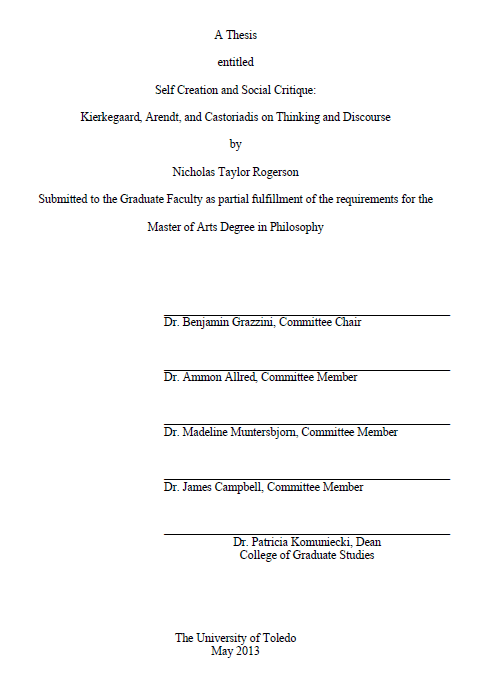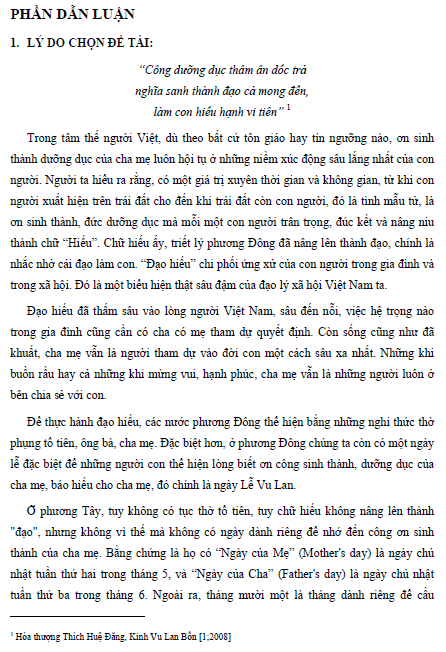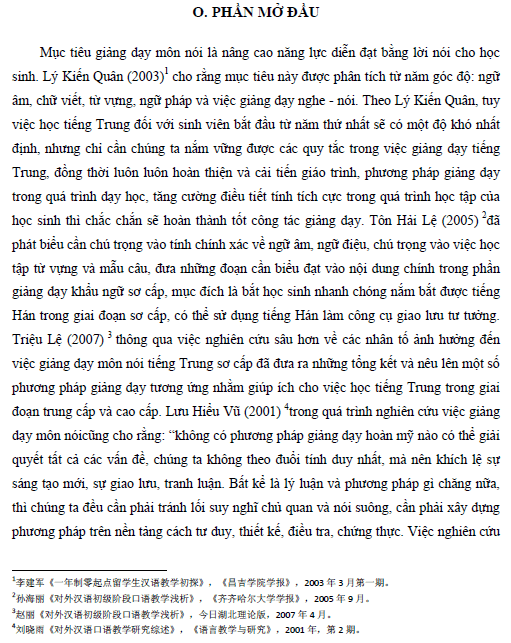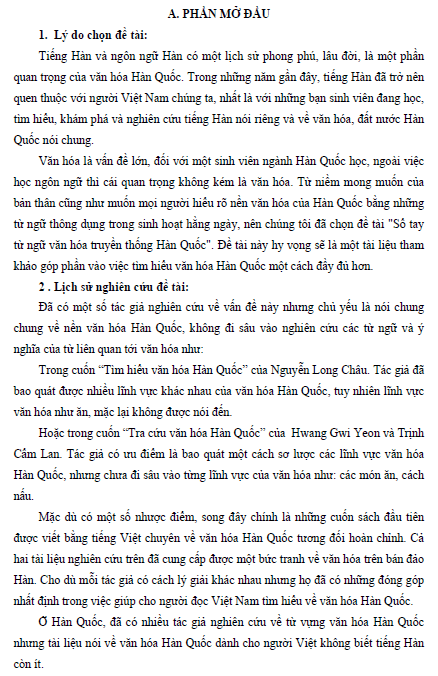Contents
Abstract
Acknowledgments
Contents
List of Abbreviations
Preface
1 Introduction
1.1 Background and Motivation
1.2 Central Figures
1.2.1 Cornelius Castoriadis
1.2.2 Hannah Arendt
1.2.3 Søren Kierkegaard
1.3 Aims and Structure of the Project
2 Cornelius Castoriadis and Self-Institution
2.1 Background to Castoriadis’ Work
2.1.1 Castoriadis and the Marxist Orthodoxy
2.1.2 Castoriadis and the Marxist Theory of History
2.1.3 Castoriadis’ Conception of Oppressive Structures
2.2 Self-Institution and Autonomous Creation
2.2.1 Democracy and Autonomy
2.2.2 Time and Novelty
2.2.3 History and Creation
2.3 Athenian Democracy and the Public Space
2.3.1 A Public Space for Autonomous Creation
2.3.2 Why Athenian Democracy? Greeks as a Germ?
2.3.3 Participation and the Public Space
2.4 Conclusion
3 Hannah Arendt: Thinking and the Public Space
3.1 Background to Arendt’s Work
3.1.1 Arendt as Pariah
3.1.2 Arendt and Totalitarianism
3.1.3 Arendt and Foundationalism
3.2 Political Action: Thinking a Common World
3.2.1 Plurality
3.2.2 A Common World: the Public Realm
3.2.3 Thinking and Judging: Political Action
3.3 The Greek Polis and the Socratic Paradigm
3.4 Conclusion
4 Søren Kierkegaard: Indirect Communication
4.1 Background to Kierkegaard’s Work
4.1.1 Kierkegaard and Danish Hegelian Lutheranism
4.1.2 Inherited Forms of Thought: A Kierkegaardian Response
4.2 Kierkegaardian Indirect Communication
4.2.1 The Comic as Indirect Communication
4.3 Socratic Irony and Maieutic Discourse
4.4 Conclusion
5 Conclusion
References













